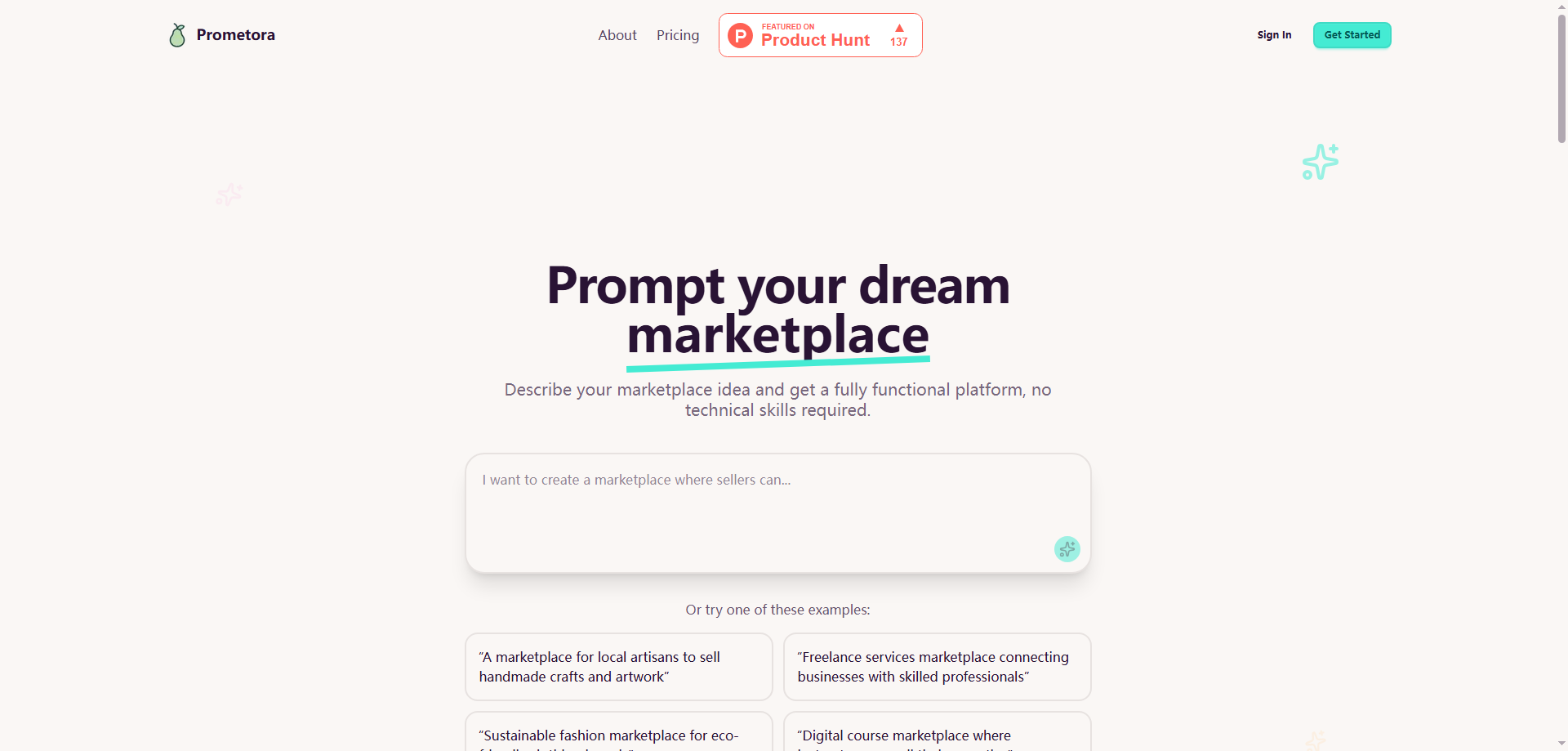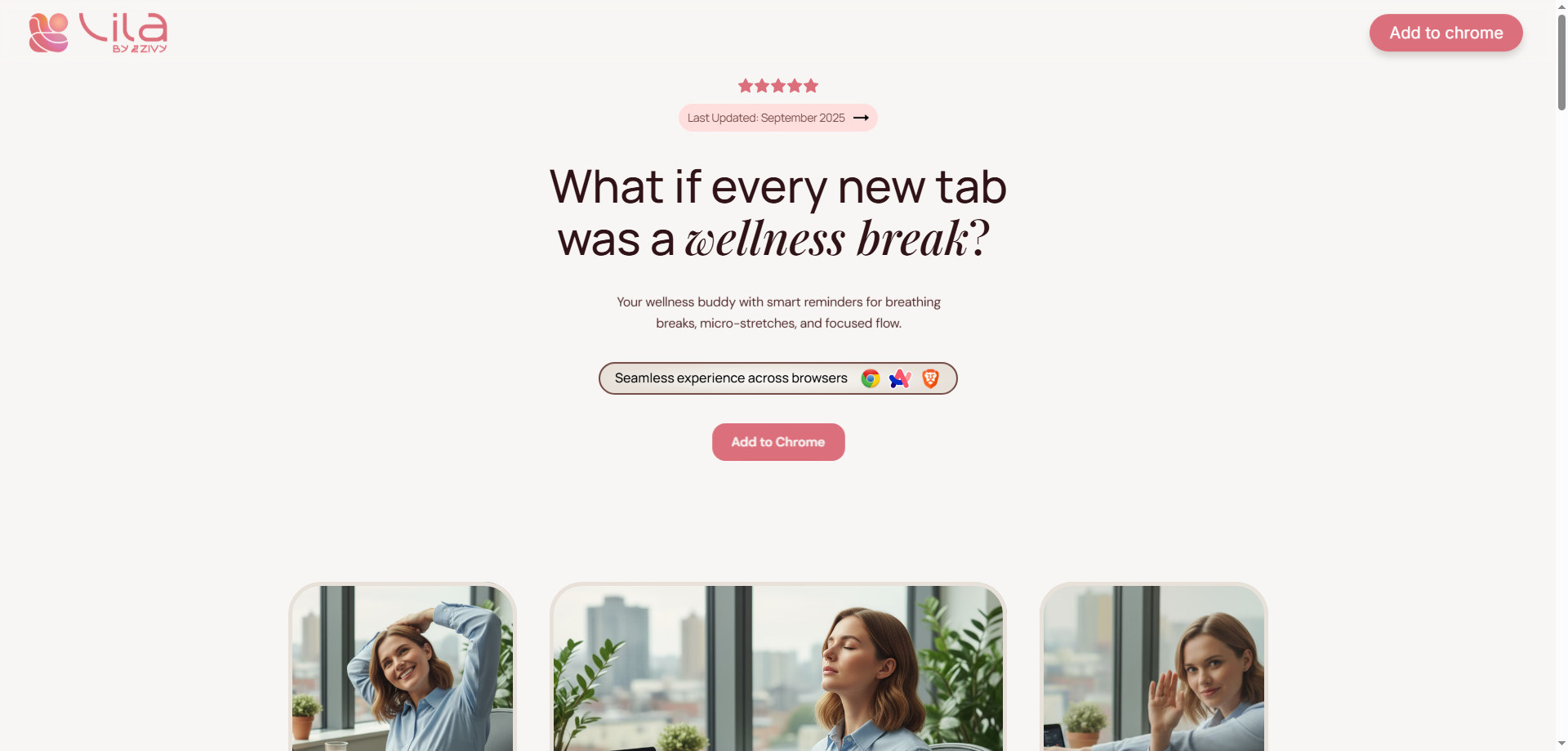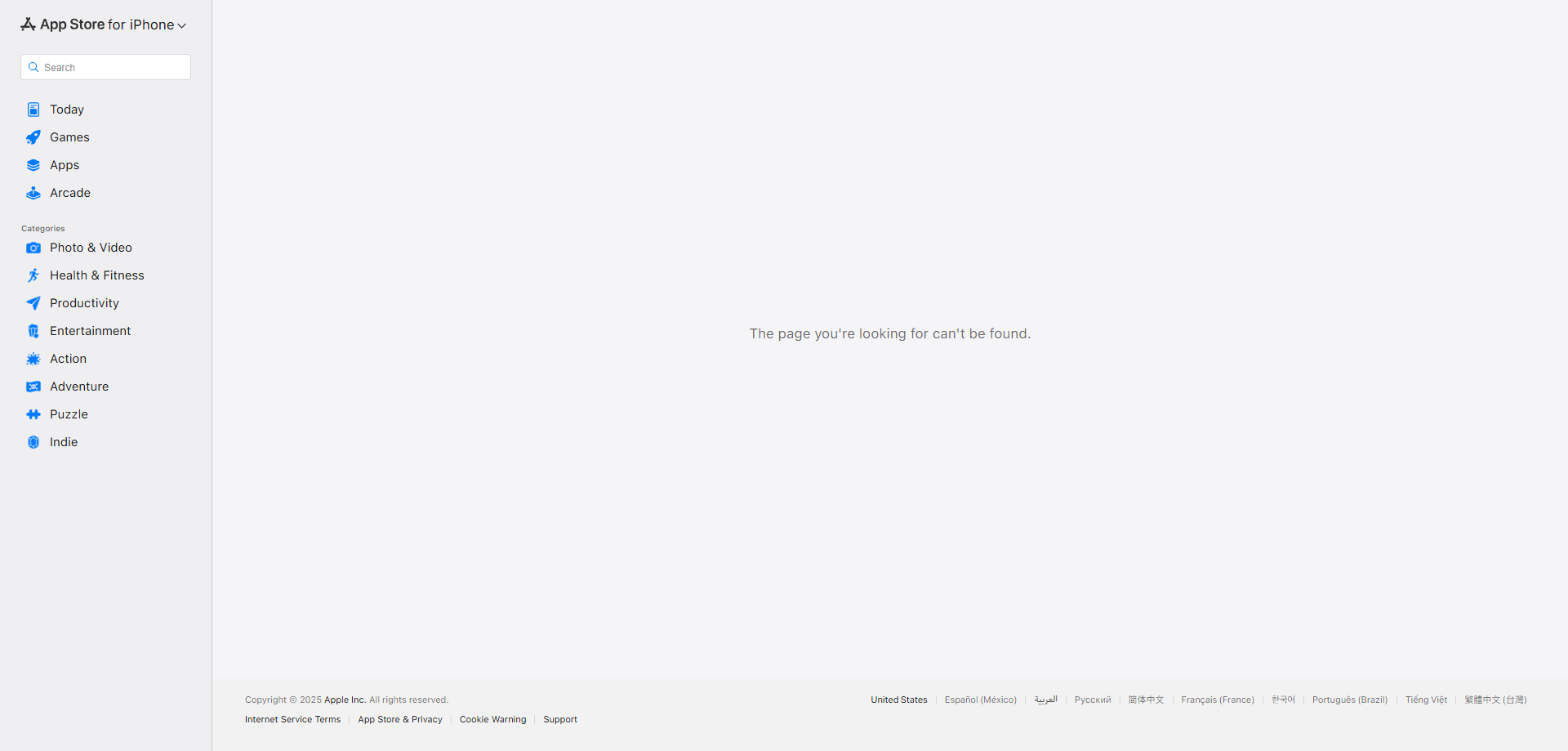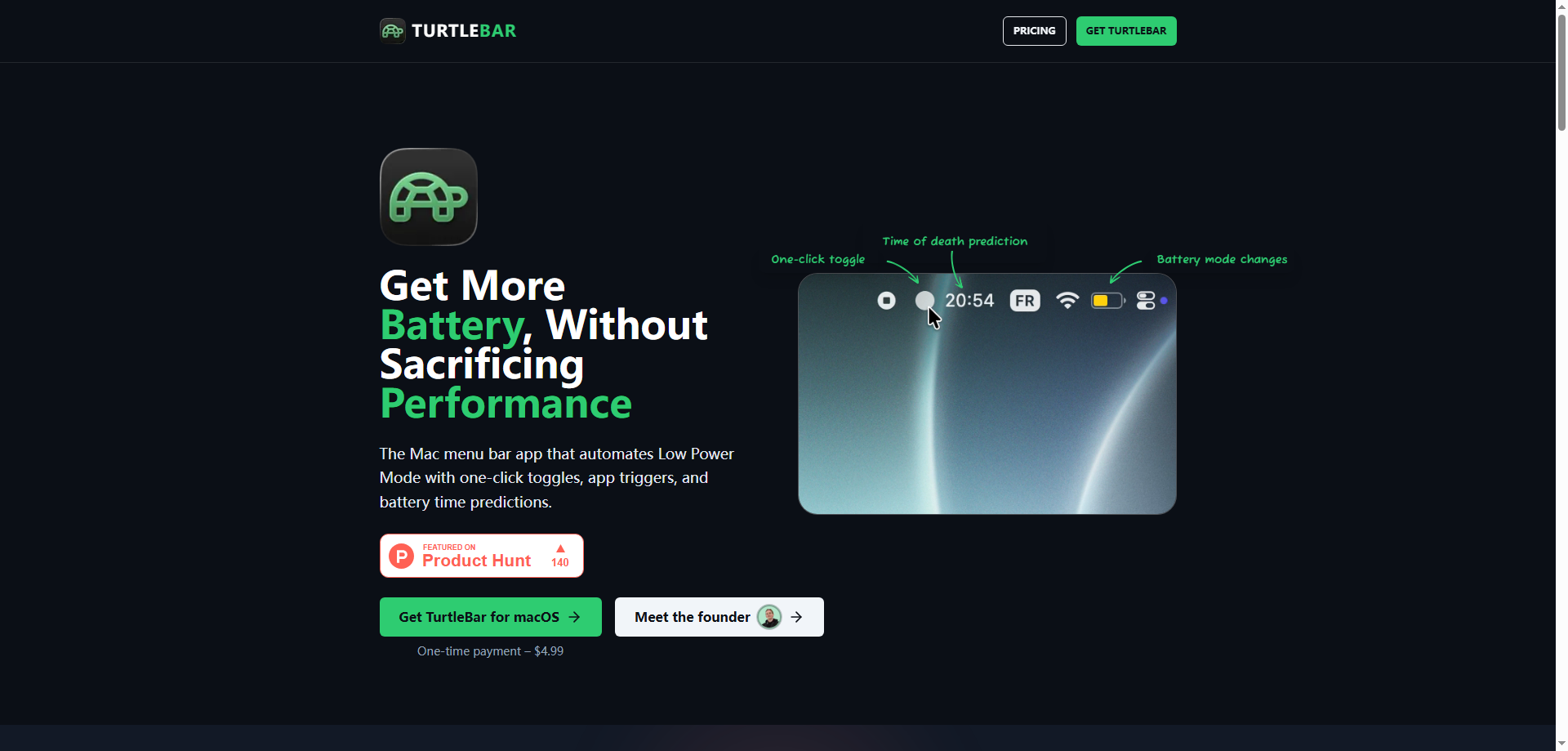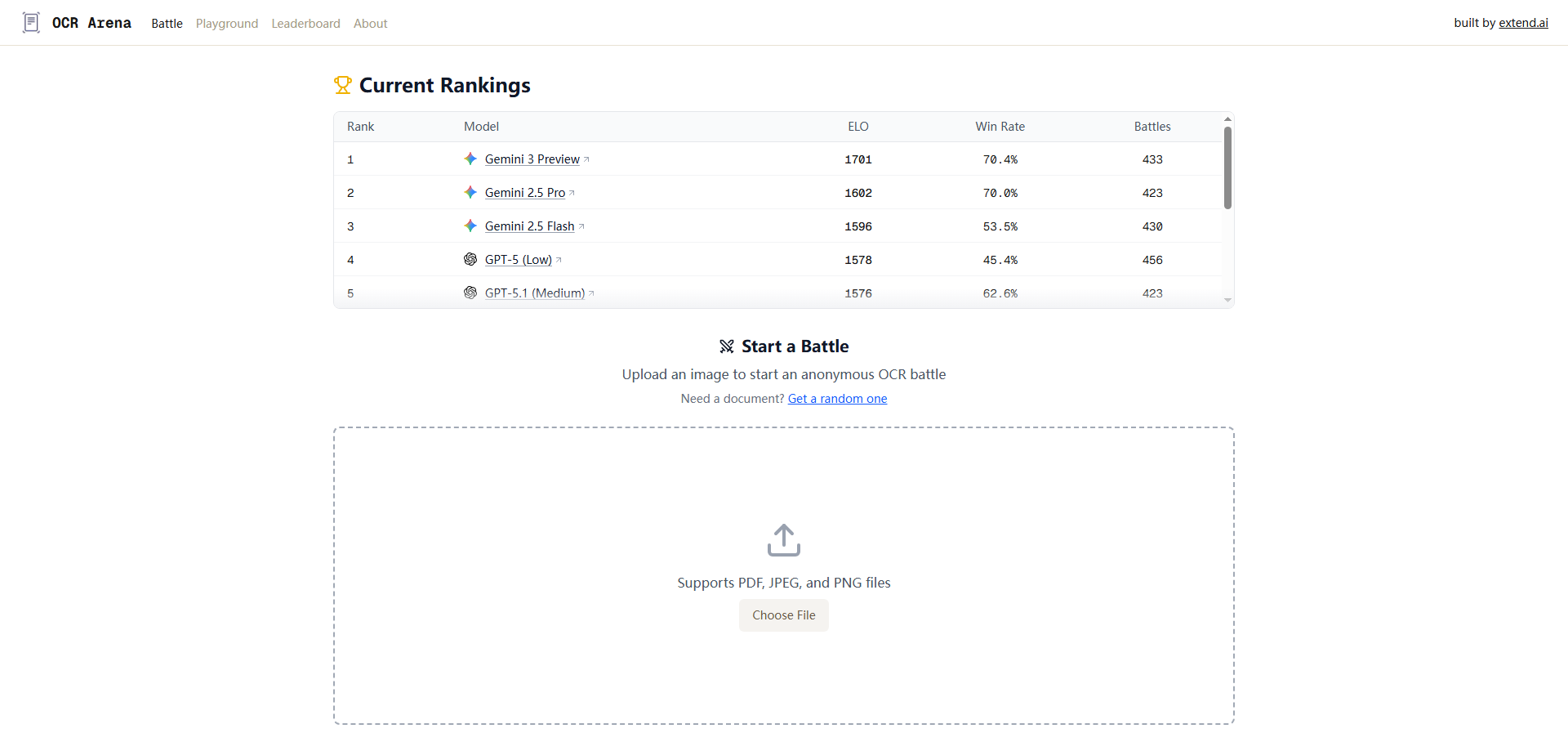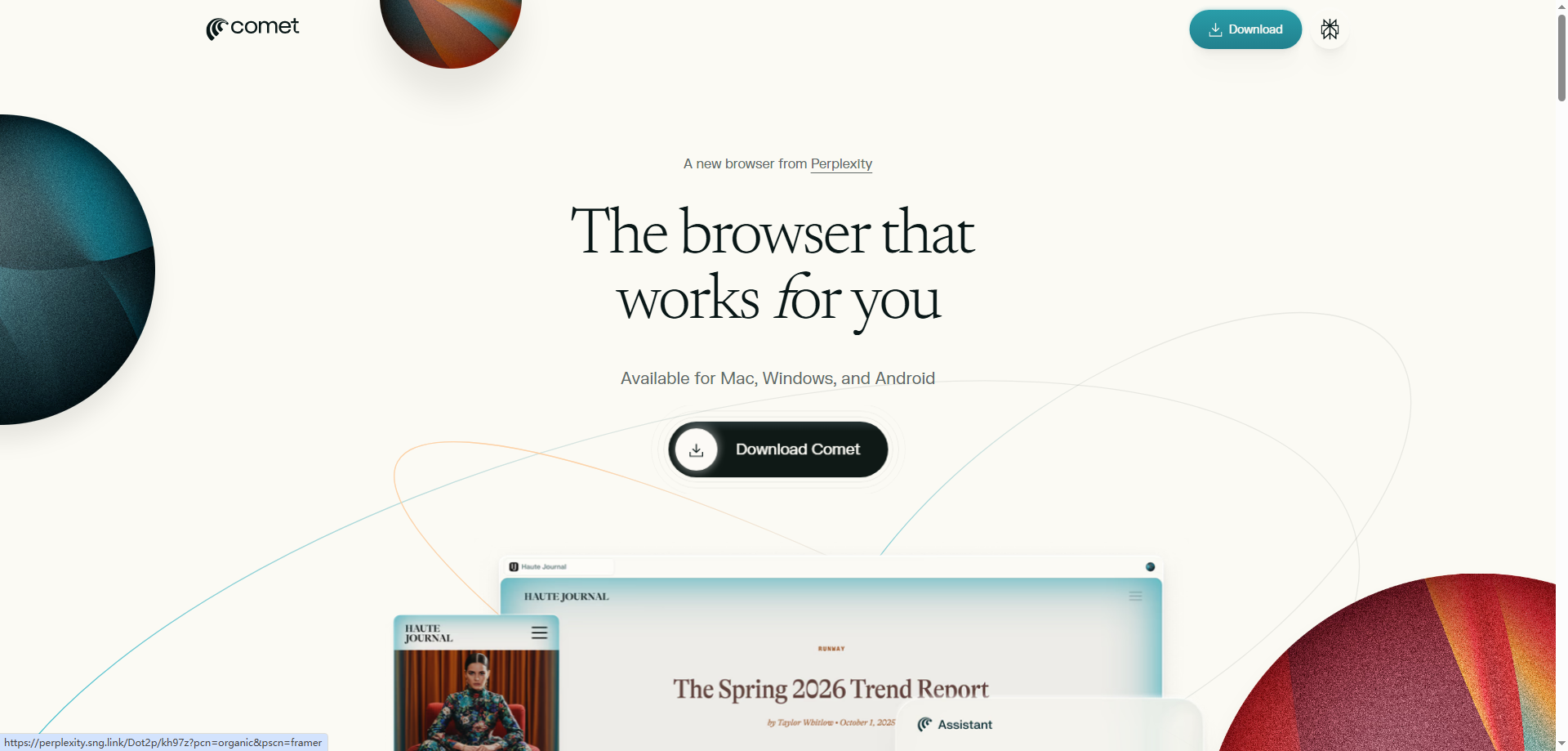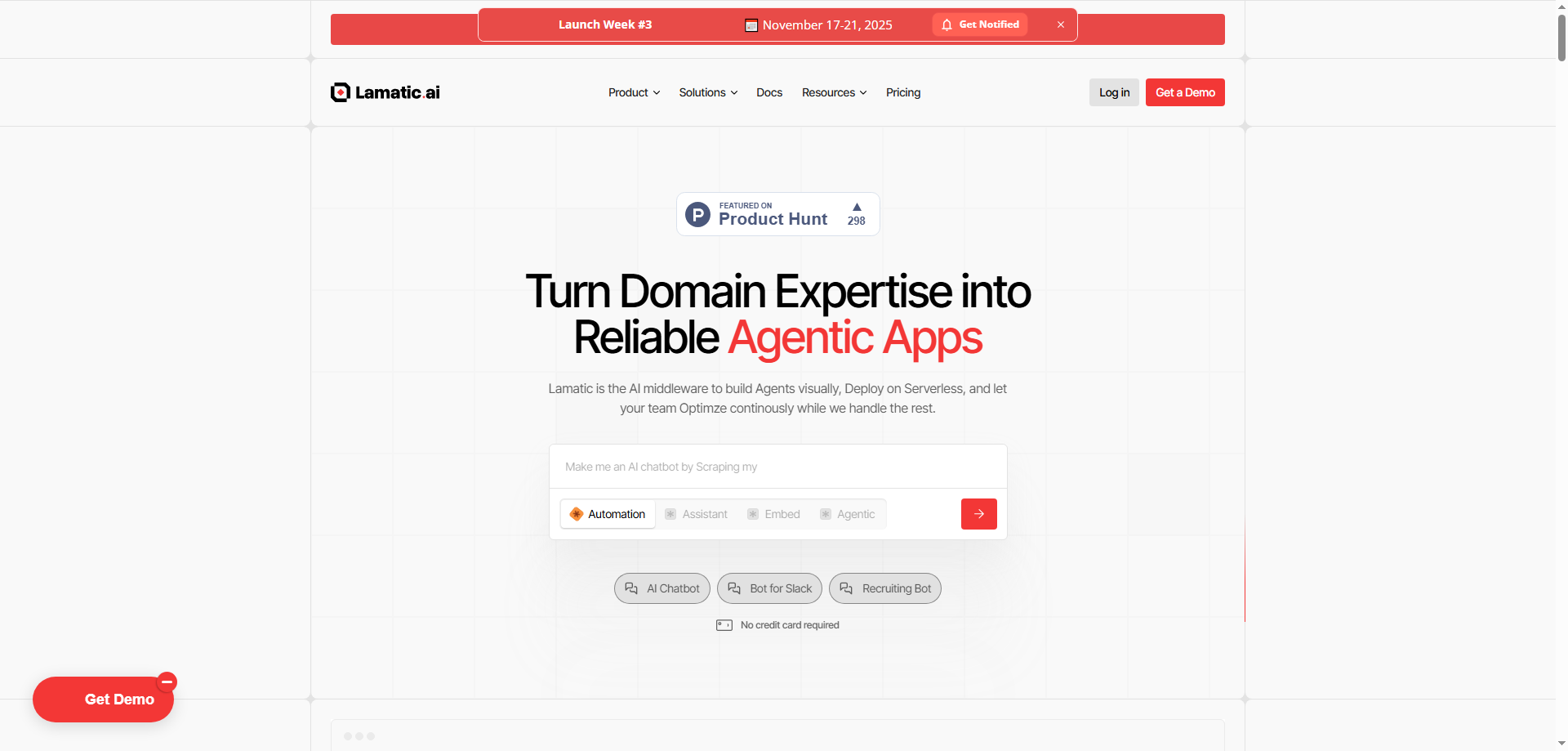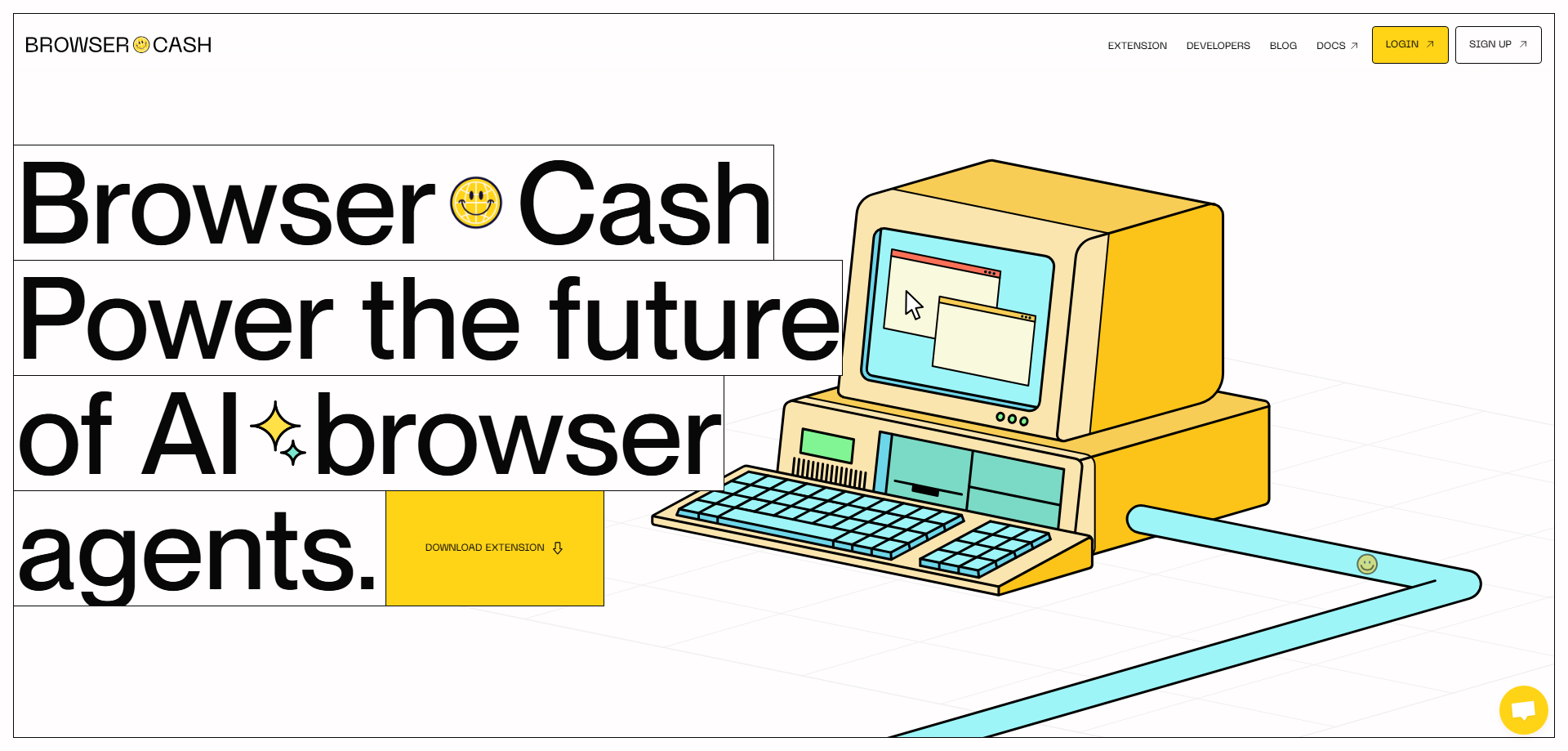The Creative Magic: Prometora's Audacious Vision of Instant Marketplaces
When I first read about Prometora, my immediate reaction was skepticism mixed with intrigue. "Build a complete online marketplace with one prompt"? Come on. That sounds like classic startup hyperbole. But the more I thought about it, the more I realized there's genuine creative brilliance behind this audacious promise.
The creative insight driving Prometora is powerful: marketplace creation is unnecessarily complicated. Right now, if you want to launch an online marketplace, you're looking at weeks or months of work. You need to choose between platforms like Shopify, WooCommerce, or custom development. You need to figure out payment processing, product listings, messaging systems, reviews. It's exhausting just thinking about all the decisions and technical hurdles. Prometora is saying, "What if you could skip all that and just describe what you want?"
What I find particularly creative is the AI-first approach to marketplace building. Most no-code platforms give you templates and drag-and-drop builders. You're still doing the work—they've just made it slightly easier. Prometora is taking a fundamentally different approach: you describe your vision in natural language, and AI generates the entire platform. That's not incremental improvement; that's a paradigm shift in how we think about building online businesses.
The "no templates" positioning is brilliant creative strategy. Templates are limiting. They force your unique business idea into predefined boxes. Even with customization, you're constrained by the template designer's imagination. Prometora promises freedom from these constraints—your marketplace looks and functions exactly as you described because it's generated specifically for your use case.
I also appreciate the creative focus on speed. "Hours instead of weeks" isn't just a feature—it's addressing a fundamental entrepreneur pain point. How many great marketplace ideas die because the founder gets overwhelmed by the technical implementation timeline? Prometora is removing that barrier, potentially unleashing thousands of marketplaces that would never have existed otherwise.
The integrated feature set shows thoughtful creative design. Product listings, payments, messaging, reviews—these aren't random features. They're the essential components every marketplace needs. By bundling them as standard rather than add-ons, Prometora is acknowledging what actually matters for marketplace success.
What concerns me about the creative vision is execution complexity. Generating a marketplace from a text prompt that's actually usable (not just technically functional but aesthetically pleasing, user-friendly, and bug-free) is incredibly difficult. The AI needs to understand business logic, design principles, user experience, and technical architecture simultaneously. That's a tall order. The creative vision is magnificent, but can it be delivered consistently?
The target audience positioning is smart. Founders, creators, entrepreneurs—people with ideas but not necessarily technical skills or big budgets. This is a massive, underserved market. Most marketplace platforms are either too technical (requiring developers) or too expensive (Shopify Plus, Salesforce Commerce Cloud) for indie creators and small businesses.
Overall, the creative vision is genuinely exciting: democratize marketplace creation through AI that understands business intent and generates complete platforms instantly. If they can deliver even 70% of this promise, it's transformative.
Can Prometora Disrupt the Marketplace Building Industry? The Replacement Question
Alright, disruption time. Can Prometora actually replace the tools and platforms we currently use to build online marketplaces? I've launched several online marketplaces over the years, so I've lived this pain. Let me analyze honestly.
Competing Against Shopify and E-commerce Giants:
Shopify, WooCommerce, BigCommerce—these are the established players. Can Prometora disrupt them? For simple storefronts selling your own products, probably not. Shopify is already pretty easy for basic stores. But here's where it gets interesting: Prometora is specifically targeting marketplaces (multi-vendor platforms), not simple stores. Shopify's marketplace capabilities require expensive apps or Shopify Plus. WooCommerce needs complex plugins. Prometora could genuinely disrupt the lower end of the marketplace market by making multi-vendor platforms as easy as Shopify makes single-vendor stores.
Competing Against Sharetribe and Marketplace SaaS:
Sharetribe, Kreezalid, CS-Cart—these are dedicated marketplace platforms. They're more relevant competition. Can Prometora replace them? Maybe. These platforms offer templates and customization, but setup still takes days or weeks. If Prometora can generate comparable marketplaces in hours from simple prompts, that's a massive time advantage. The question is feature depth. Do Prometora-generated marketplaces have the advanced vendor management, commission structures, and analytics that dedicated platforms provide? Probably not initially, but for MVPs and simple marketplaces, it might be enough.
Competing Against Custom Development:
Many successful marketplaces are custom-built. Can Prometora replace developers? For early-stage validation and MVPs, absolutely yes. If I can test a marketplace idea in hours instead of spending $10,000-50,000 on development, that's game-changing. I'd use Prometora first, validate the idea, then potentially rebuild custom later if it proves successful. That's massive disruption to the early-stage development market.
Competing Against No-Code Builders:
Bubble, Webflow, Adalo—no-code platforms are surging. Can Prometora compete? The differentiator is prompts vs. visual building. No-code builders still require learning their interface and logic. It takes days or weeks to become proficient. Prometora promises instant results from natural language. If delivered, that's significantly easier than learning Bubble. However, no-code platforms offer ultimate customization. Prometora's prompt-based approach might be limiting for complex requirements.
The Real Disruption Opportunity:
Where I see Prometora genuinely disrupting is in the idea validation phase. Right now, aspiring marketplace founders face a catch-22: you need to build a platform to validate whether your marketplace idea has demand, but building platforms is expensive and time-consuming. Many great ideas die at this stage. Prometora could dramatically lower the barrier to marketplace experimentation. Launch fast, test demand, iterate. That's powerful disruption to the entire marketplace launch process.
Creator Economy Disruption:
The creator economy is exploding. Thousands of creators want to sell products, services, or digital goods through their own platforms rather than relying on Instagram, Etsy, or Patreon. Prometora could democratize marketplace ownership for this segment. Instead of paying platform fees to intermediaries, creators could own their marketplaces. That's genuinely disruptive if execution is solid.
Where Prometora Can't Disrupt:
Let's be real about limitations. Enterprise marketplaces with complex workflows, advanced integrations, and specific compliance requirements won't use Prometora. Large-scale marketplaces needing custom features beyond what AI can generate will still require developers. Prometora is targeting the long tail of smaller marketplaces, not replacing Amazon or eBay-scale platforms.
My verdict on disruption: Prometora won't replace established platforms for complex or enterprise marketplaces, but it could genuinely disrupt the early-stage marketplace validation process and empower creators to own their commerce platforms. That's a substantial disruption opportunity if they execute well.
Will Entrepreneurs Actually Use Prometora? The User Acceptance Reality
Now for the critical question: will people actually adopt and pay for Prometora? The Product Hunt metrics provide some signals: 135 votes with 20 discussions. That's modest—not terrible, but not exciting. Let's analyze what this means for user acceptance.
The Target User Psychology:
Prometora's ideal users are non-technical founders with marketplace ideas. I know this personality type well—I've been this person. We're optimistic, idea-driven, and frustrated by technical barriers. The promise of launching a marketplace in hours is incredibly appealing to us. The question is whether we'll trust an AI-generated platform enough to build our business on it.
The Trust Barrier:
Here's my biggest concern about user acceptance: trust. When you're launching a business, your platform is your foundation. Can entrepreneurs trust that a one-prompt-generated marketplace will be secure, reliable, scalable, and professional-looking? That's a huge leap of faith. Prometora needs to rapidly build credibility through case studies, demos, and successful marketplace examples. Without proof, skepticism will prevent adoption.
The Quality Expectations:
Users will compare Prometora-generated marketplaces against professionally-designed platforms they see daily. If the generated marketplaces look obviously AI-generated or generic, that's a problem. Brand perception matters enormously in commerce. Entrepreneurs won't use Prometora if the output makes their business look amateurish. The AI needs to generate genuinely professional-quality designs, not just functional platforms.
The Customization Question:
What happens after the initial generation? Can users customize their marketplaces? Add features? Change designs? If Prometora generates a platform and then you're stuck with it, that's limiting. Users need ongoing control and customization capabilities. If those are missing, acceptance will be low.
Market Segment Analysis:
Let me break down acceptance by user segment:
Solo Entrepreneurs and Side Hustlers: High potential acceptance. These users are price-sensitive, time-constrained, and willing to try new tools. If Prometora is affordable and delivers quickly, they'll try it. Conversion to long-term users depends on output quality and customization options.
Small Business Owners: Moderate acceptance. These users want proven, reliable solutions. They're less willing to experiment. Prometora needs strong reviews and case studies to win this segment. Price matters, but reliability matters more.
Creators and Influencers: High potential acceptance. The creator economy segment is growing fast and desperately needs commerce solutions. If Prometora enables creators to launch their own marketplaces quickly (instead of relying on third-party platforms), acceptance could be strong. Integration with creator tools (Instagram, YouTube, TikTok) would accelerate adoption.
Startup Founders Testing Ideas: Very high potential acceptance. Founders in validation mode want speed and low cost. Prometora is perfect for MVP testing. This might be Prometora's strongest initial market—not permanent marketplaces but validation platforms that prove concepts before serious investment.
Agencies and Developers: Low acceptance for direct use, but potential as a rapid prototyping tool. Agencies might use Prometora to quickly mock up marketplace concepts for client presentations, then potentially rebuild custom later.
The Pricing Sensitivity:
I don't see pricing for Prometora, but this will massively impact acceptance. If they charge monthly SaaS fees comparable to Shopify ($29-299/month), they're competing on features and convenience. If they charge premium prices ($500+/month), they're positioning as enterprise-grade, which might not match the "instant marketplace" brand. If they offer freemium with limitations, adoption accelerates but monetization challenges appear. Pricing strategy will determine market size significantly.
The Learning Curve Paradox:
Prometora promises to eliminate complexity, but there's always a learning curve. Users need to learn how to write effective prompts that generate what they want. If it takes multiple iterations to get the marketplace right, that erodes the "hours not weeks" promise. Prompt engineering is a skill not everyone has mastered yet.
My take on user acceptance: Strong potential among solo entrepreneurs, creators, and founders in validation mode. Moderate acceptance among small businesses. Low acceptance among enterprises and agencies for production use. The key is delivering consistently high-quality outputs, building trust through transparency, and pricing accessibly for the target market.
Survival Rating: 2/5 Stars - Why I'm Deeply Skeptical About Prometora's Future
Okay, time for the hard truth. Will Prometora exist and be thriving twelve months from now? I'm giving it 2 out of 5 stars for survival probability. This is my lowest rating yet, and I need to explain why I'm so concerned about Prometora's future.
Why Such a Low Rating?
The technical challenge Prometora faces is absolutely immense. Generating complete, functional, secure, professional-looking marketplaces from text prompts is extraordinarily difficult. I'm talking about generating:
- Database schemas and relationships
- User authentication and authorization systems
- Payment processing integrations
- Product catalog management
- Search and filtering functionality
- Messaging systems
- Review and rating systems
- Admin dashboards
- Responsive design across devices
- Security implementations
- Performance optimization
Getting all of this right, consistently, from varied prompts, is a monumental AI challenge. I'm skeptical that current AI technology can deliver this reliably at the quality level users expect.
The Product Hunt traction is concerning. 135 votes is weak for a product with such an ambitious promise. For comparison, genuinely disruptive tools often get 500-1500+ votes. The limited engagement suggests either ineffective marketing or weak product-market fit validation. Neither is encouraging.
The competitive landscape is brutal. Prometora is competing against massively well-funded players: Shopify (public company, $67B market cap), WooCommerce (Automattic, $7.5B valuation), plus dozens of specialized marketplace platforms. They're also competing against the entire no-code movement (Bubble, Webflow) and AI code generators (GitHub Copilot, Cursor). The competitive pressure from multiple directions is intense.
The monetization challenge is severe. Even if Prometora can generate marketplaces from prompts, what's the sustainable business model? Monthly subscriptions face churn if users launch, validate (or fail to validate), and leave. One-time fees don't support ongoing AI infrastructure costs. Transaction fees are difficult without payment processing control. I don't see a clear path to sustainable unit economics.
The security and liability concerns are scary. If Prometora generates a marketplace with security vulnerabilities that leads to customer data breaches, who's liable? The trust required for entrepreneurs to build businesses on AI-generated platforms is extremely high. One high-profile security incident could destroy the brand permanently.
Why Not Give It 1 Star?
Despite deep skepticism, I'm not completely writing Prometora off. The problem they're addressing is absolutely real. Marketplace creation is too difficult and expensive. The pain point is genuine and affects thousands of potential entrepreneurs.
The AI trajectory is in their favor. AI capabilities are improving rapidly. What seems impossible today might be feasible in 12 months. If Prometora has strong AI engineering talent and continues iterating, they could achieve the vision even if it's not there yet.
The market timing is actually decent. No-code tools have normalized the idea of building without coding. AI is entering mainstream awareness. The mental model of "describe what you want and AI builds it" is becoming familiar. Prometora is riding technological and cultural waves that are moving in their direction.
The 20 discussions on Product Hunt, while modest, suggest genuine curiosity. People are engaging with the concept, asking questions, discussing use cases. That's better than silence or dismissal. There's interest even if it hasn't translated to viral excitement yet.
Critical Survival Risks:
-
Technical delivery failure: If the platform consistently generates buggy, insecure, or unprofessional marketplaces, users abandon immediately and word spreads fast.
-
AI infrastructure costs: Running AI models to generate complex applications is computationally expensive. Without massive funding, costs could exceed revenues quickly.
-
Security incidents: One marketplace built on Prometora getting hacked would create enormous reputational damage and potential legal liability.
-
Competition from OpenAI/Anthropic: If major AI companies release tools that generate applications from prompts, Prometora gets instantly commoditized.
-
Founder/team burnout: Building this is extremely hard. If the founding team burns out or loses conviction, the product dies.
Potential Survival Opportunities:
-
Vertical focus: Instead of generic marketplaces, focus on one vertical (e.g., creator marketplaces, handmade goods, digital products) and nail that specific use case perfectly.
-
Pivot to dev tool: Instead of end-user product, become a developer tool that generates marketplace scaffolding that developers then customize. Lower bar, potentially easier monetization.
-
Strategic partnership: Partner with Shopify, WordPress, or other platforms to offer AI-generated marketplace features as integrated add-ons.
-
Acquisition target: If they build impressive AI marketplace generation technology, a larger e-commerce company might acquire them for the tech and team.
-
Grant/accelerator funding: Y Combinator or similar accelerators might fund them to develop the technology further, buying survival time.
What Would Increase My Rating:
I'd bump this to 3.5+ stars if I see:
- Public demos of multiple professionally-designed, fully functional marketplaces generated from prompts
- 10,000+ marketplace launches within 6 months
- Case studies of successful businesses built on Prometora
- Announced funding from credible investors ($1M+ seed round)
- Clear pricing and business model with demonstrated paying customers
- Active, satisfied user community sharing their marketplaces
My Brutal Honest Prediction:
I think Prometora will struggle severely to survive the next twelve months in its current form. The most likely scenario is technical challenges proving harder than anticipated, inability to generate consistently high-quality outputs, and difficulty acquiring paying customers at scale.
Best case scenario: They pivot to a narrower focus (maybe just creator marketplaces or digital product marketplaces), deliver exceptional quality for that niche, and build a small but sustainable business. That's survival even if not the original vision.
Moderate scenario: They struggle for 6-9 months, burn through initial funding, and shut down or get acqui-hired by a larger company interested in their AI technology.
Worst case: Technical challenges prove insurmountable, they can't generate marketplaces at acceptable quality, negative reviews accumulate, and they shut down within 6 months.
The path to survival requires either exceptional AI engineering that's ahead of current industry capabilities, pivot to narrower focus, or significant funding to buy time to figure it out. Without one of these, survival is unlikely.
Final Thoughts: Why I Want to Be Wrong About Prometora
Look, I genuinely want Prometora to succeed. The vision of democratizing marketplace creation is beautiful. Thousands of entrepreneurs have great marketplace ideas but lack technical skills or budgets to execute. If Prometora can genuinely lower these barriers, that would be transformative for the creator economy and small business landscape.
But wanting something to succeed and predicting it will succeed are different things. My 2/5 star rating reflects hard-earned realism about how difficult it is to build AI-powered platform generation tools that consistently deliver production-quality outputs.
If you're considering using Prometora, here's my advice: Wait. Let early adopters test it first. Look for real examples of successful marketplaces built on Prometora before committing your business idea to the platform. The risk of building your business on unproven technology is significant.
If you're the Prometora team reading this: Focus ruthlessly. Don't try to generate every type of marketplace. Pick one vertical—maybe creator storefronts or handmade goods marketplaces—and make the AI generation absolutely perfect for that use case. Prove you can do one thing exceptionally before expanding to everything. Show real demos. Build trust through transparency. Find early champions who'll advocate for you.
My low survival rating isn't meant to discourage—it's meant to be realistic about the immense challenges ahead. Building AI that generates production-ready applications from prompts is frontier technology. Very few teams have the talent, resources, and persistence to pull it off.
I hope I'm wrong. I hope Prometora proves my skepticism unwarranted and actually delivers on the magnificent promise of instant marketplace generation. The world would be better for it. But betting against them surviving unchanged is, unfortunately, the rational position based on available evidence.
Time will tell whether Prometora becomes the marketplace generation revolution they envision or another ambitious idea that couldn't overcome technical and market realities. I'll be watching with genuine interest to see which path they take.
